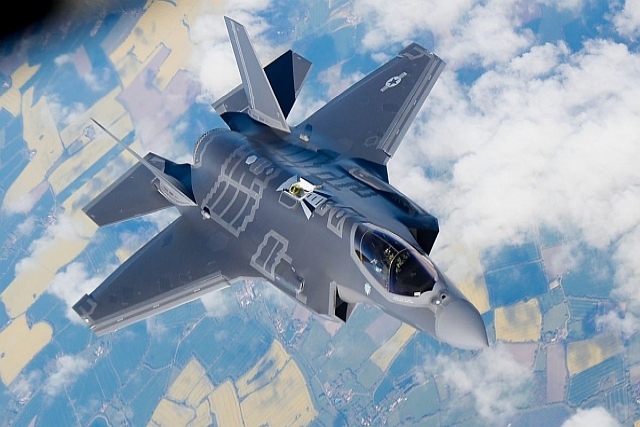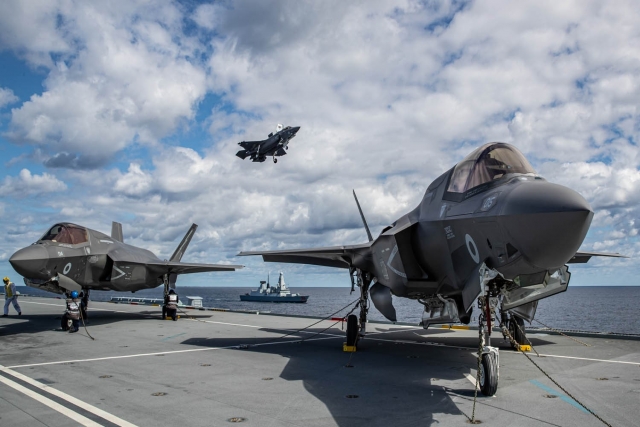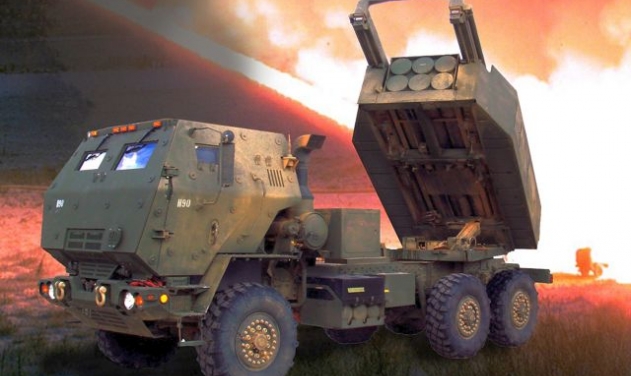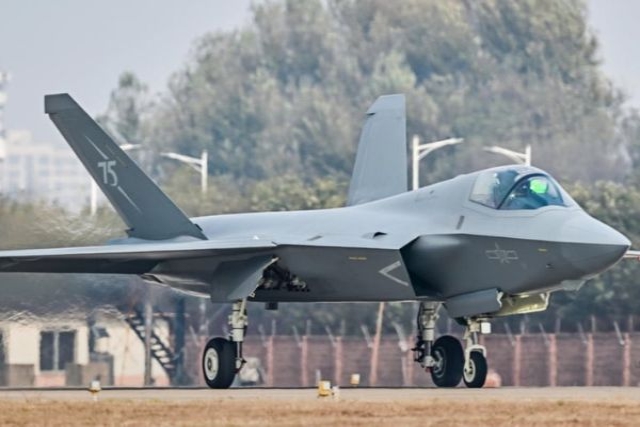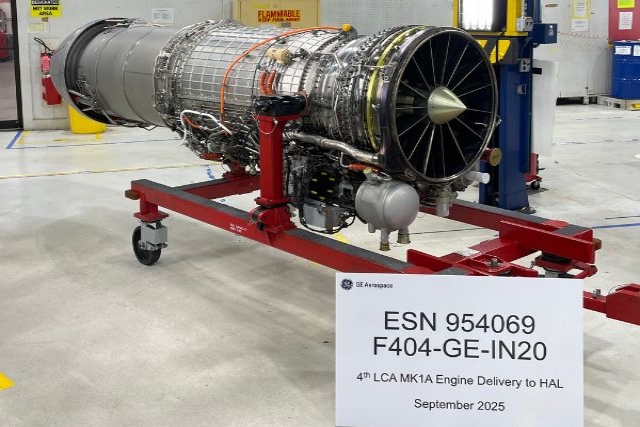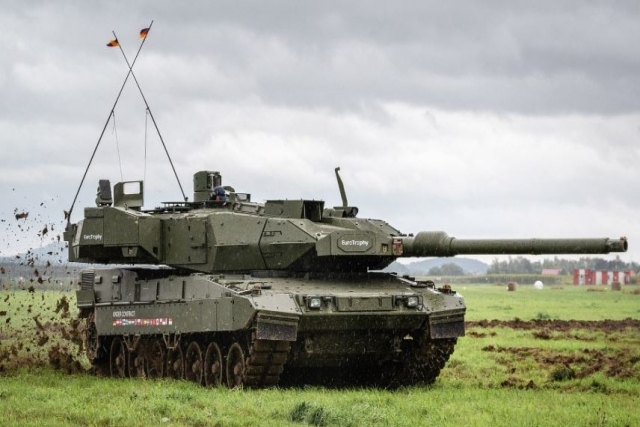Turkey to Manufacture F-35 components through 2022, despite aircraft non-delivery
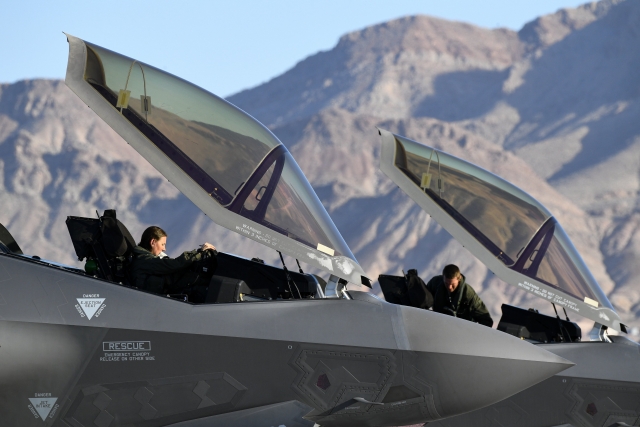
Despite having its F-35 jets seized in the US, turkey will continue to manufacturer components for the same aircraft's global supply chain till 2022.
Defense Department spokesman, Lieutenant Colonel Mike Andrews, was cited by Bloomberg that a decision was made late last year “to honor existing contractual arrangements and accept delivery of parts that were already on contract.”
Turkish defense contractors will produce key components of the F-35 - from its center fuselage to 139 parts of its engine propulsion system- for two more years, the report said.
The U.S.-Turkey tensions nosedived after the latter bought the S-400 systems from Russia for $2.5 billion in 2017. Washington’s attempts to persuade Ankara to ditch the systems went in vain.
Soon after Russia began shipping the S-400s to Turkey in July 2019, the U.S. struck off Turkey’s name from the list of F-35 Lightning II Program partners. It also declined shipment of manufactured Turkish F-35 citing security reasons. According to Pentagon data, Turkish suppliers made 817 of the jet’s approximately 24,000 airframe part types and 188 of approximately 3,000 engine part types.
“We are proud to partner with the United States aerospace industry in supporting production of the groundbreaking F-35 program. We look forward to our continuing role in the supply chain that provides the U.S. military with cutting-edge technology," Osman Okyay, Vice Chairman, Kale Holding, told Defenseworld.net.
Kale Aerospace, in conjunction with TAI, manufactures F-35 airframe structures and assemblies; supports Heroux Devtek as the sole source supplier for all three variants landing gear up lock assemblies. The company has even established a joint venture with Pratt & Whitney to build hardware for the F135 engine.
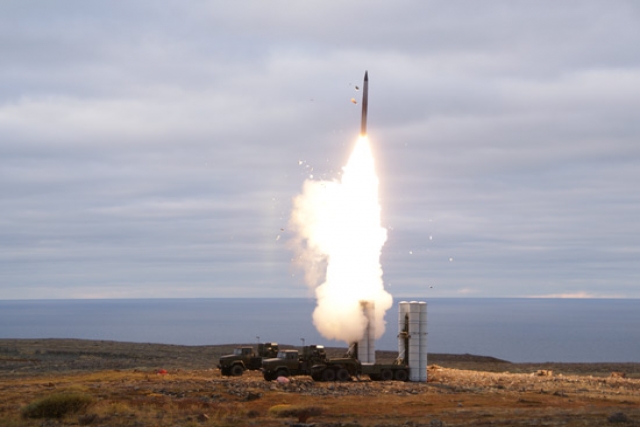
“The F-35 cannot coexist with a Russian intelligence collection platform that will be used to learn about its advanced capabilities,” the White House said in a statement last July 17.
“In line with Department of Defense guidance, Lockheed Martin continues moving away from Turkish suppliers as their existing contracts expire and fully qualified alternatives are identified,” company spokesman Brett Ashworth said in an email to Bloomberg.
In the second week of June, the U.S. National Defense Authorisation Act (NDAA) 2021 authorized the Air Force to utilize, modify, and operate six Turkish F-35s.
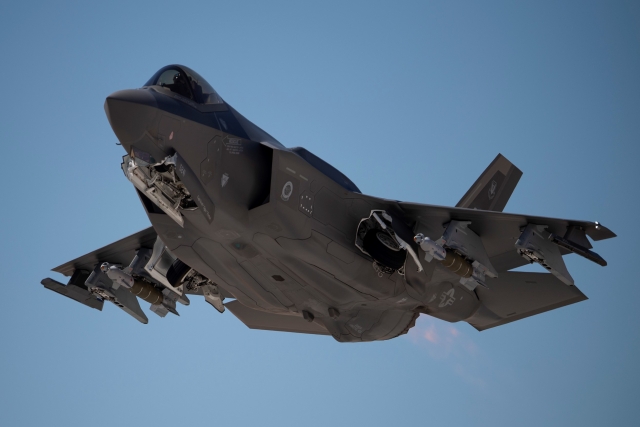
After Ankara’s ouster, the F-35 program found new sources for 1,005 parts previously produced by Turkish suppliers. In May, an official from the Government Accountability Office (GAO) had also stated that Turkish firms will provide F-35 parts through the end of lot 14 deliveries (scheduled to take place through 2022), in part, to avoid disruptions to aircraft deliveries and additional cost growth from standing up new suppliers.
The goal is to avoid costly, disruptive and wasteful contract terminations, Andrews was quoted as saying by the GAO report.
Alternate sources “have been identified for all Turkish-made parts and will be utilized as the Turkish contracts lapse and material is delivered,” the official added.
Last week, U.S. senators prepared a proposal for Washington to buy Turkish S-400s to cushion the blow and ease tensions between the two allies.
